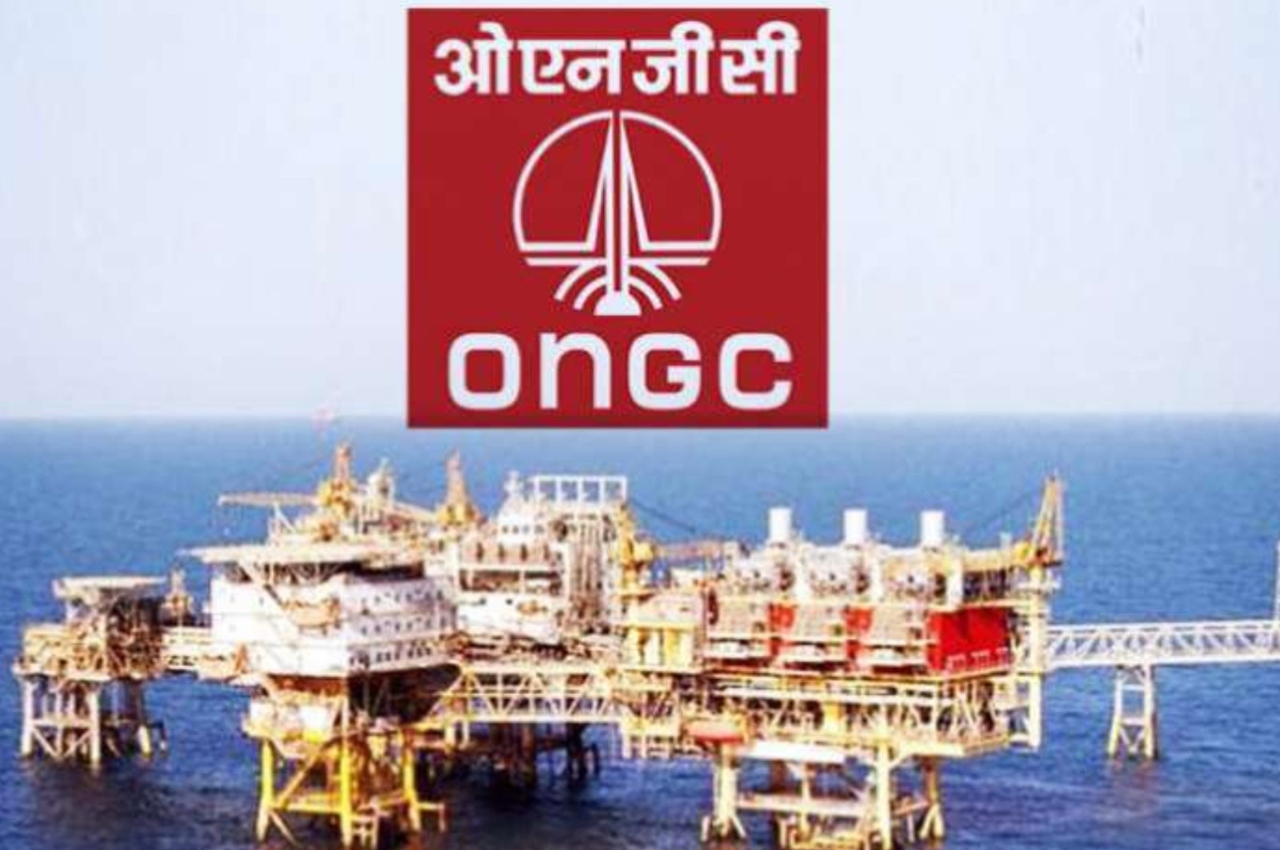New Delhi: After the government introduced a new tax on windfall gains resulting from a surge in international energy prices, India’s largest oil and gas company, ONGC, announced a 30% decline in September quarter net profit.
According to a statement from Oil and Natural Gas Corporation (ONGC), net profit for the period of July through September 2022–23 was Rs 12,825.99 crore, or Rs 10.20 per share, compared to Rs 18,347.73 crore, or Rs 14.58 per share, for the same period the previous year.
Profit decreased by 15.6% compared to the June quarter prior, when it declared a net profit of Rs. 15,205.85 crore.
Even though the company’s gross billing for the crude oil it produced increased by 37.7% to USD 95.49 per barrel in July–September from USD 69.36 a barrel a year earlier, net profit decreased.
State-owned ONGC sells crude oil at benchmark worldwide prices that have increased since Russia’s invasion of Ukraine. Crude oil is refined in refineries to create gasoline, diesel, and other petroleum products.
However, the government introduced a new tax on July 1 to remove benefits resulting from the worldwide energy price spike. When the tax was first enacted, the price of a barrel of oil was as high as USD 40. The tax is updated every 15 days to reflect fluctuations in the price of crude oil around the world.
ONGC Director (Finance) Pomila Jaspal stated during an investor call that the company paid Rs 6,400 crore in special additional excise duty (SAED) during the quarter. Without this tax, ONGC profits would have exceeded record earnings from July through September of 2021.
After choosing to pay less income tax instead of giving up exemptions, ONGC reported the biggest quarterly net profit ever by any Indian corporation between July and September of 2021.
As a result, instead of the previous rate of 30% plus applicable surcharge and cess, it now has a corporate income tax rate of 22% plus applicable surcharge and cess. According to Jaspal, the system for collecting the windfall profit tax guarantees that the corporation would realise USD 75–76 per barrel.
Every barrel of oil produced is subject to a production tax known as the windfall profit tax, which is paid to the government. Other pre-existing fees, such as royalty and oil cess, are paid after SAED is paid on newly produced crude oil.
For the natural gas it generated in July through September, ONGC reported that it received a greater USD 6.10 per million British thermal unit price than it did USD 1.79 a year earlier.



